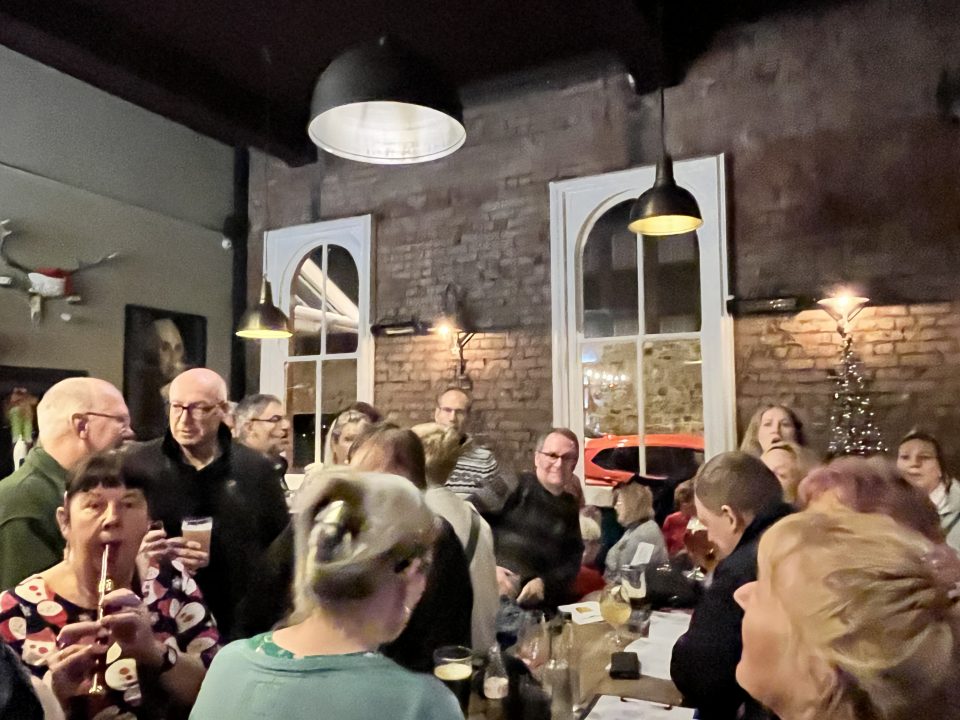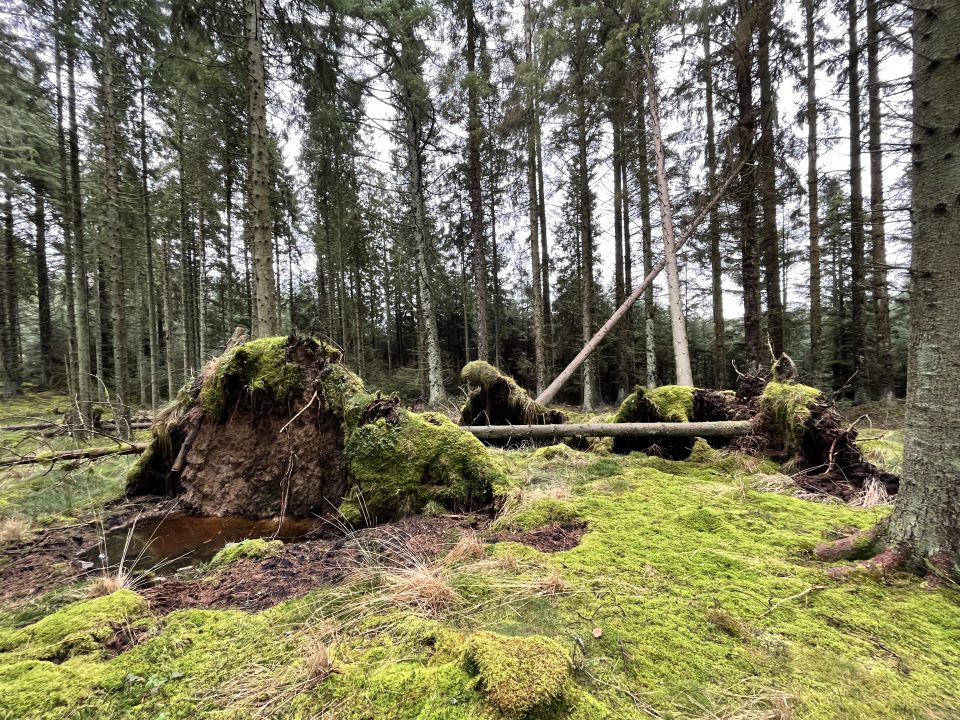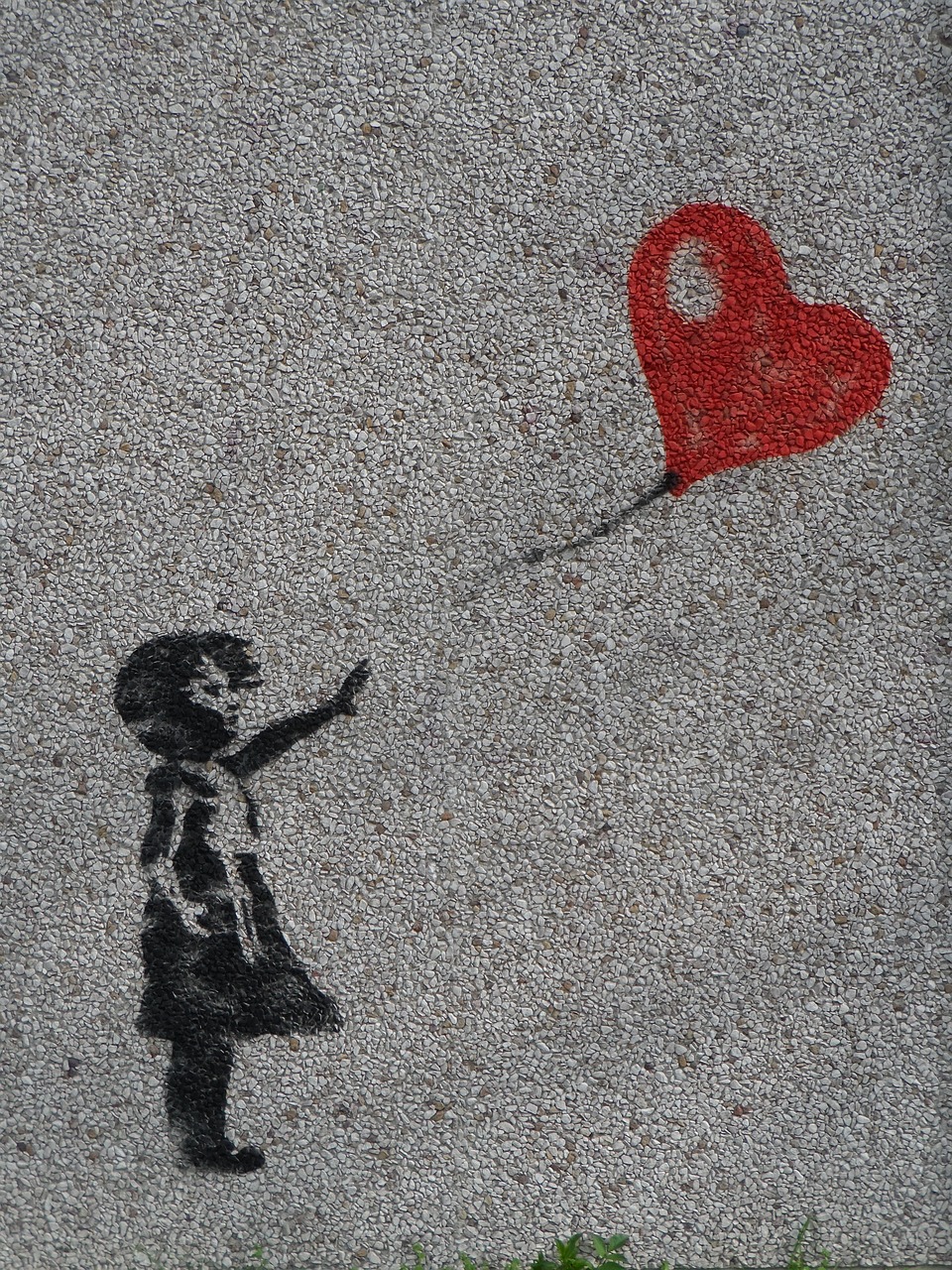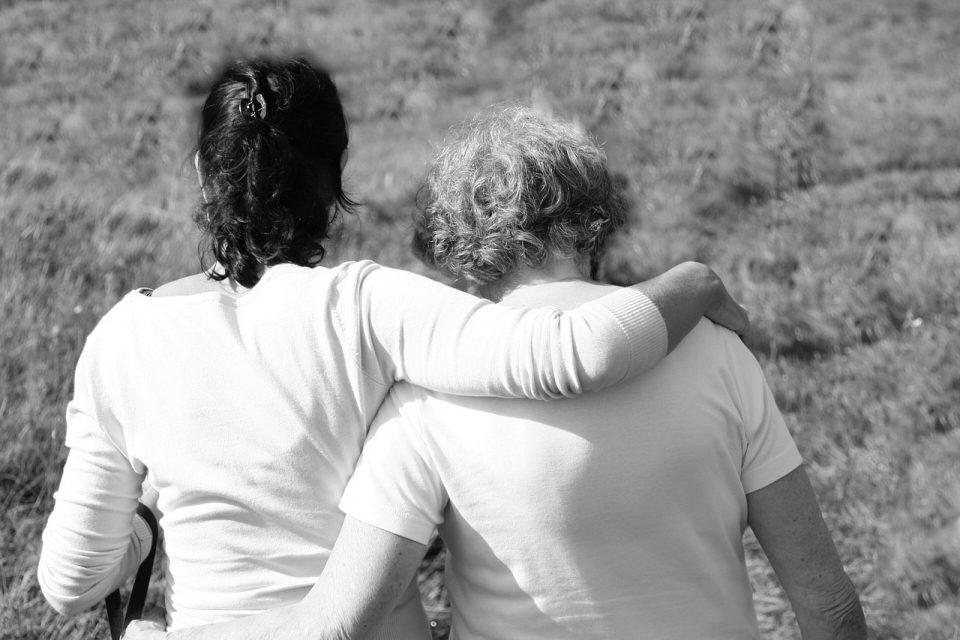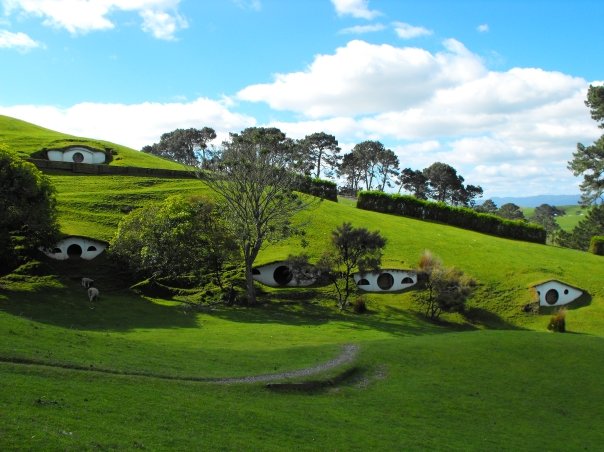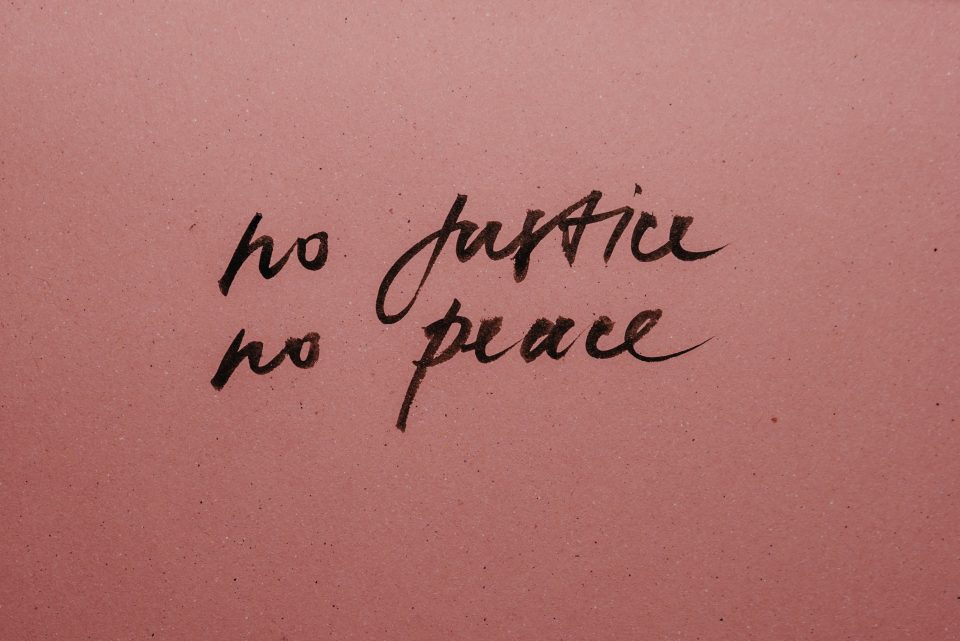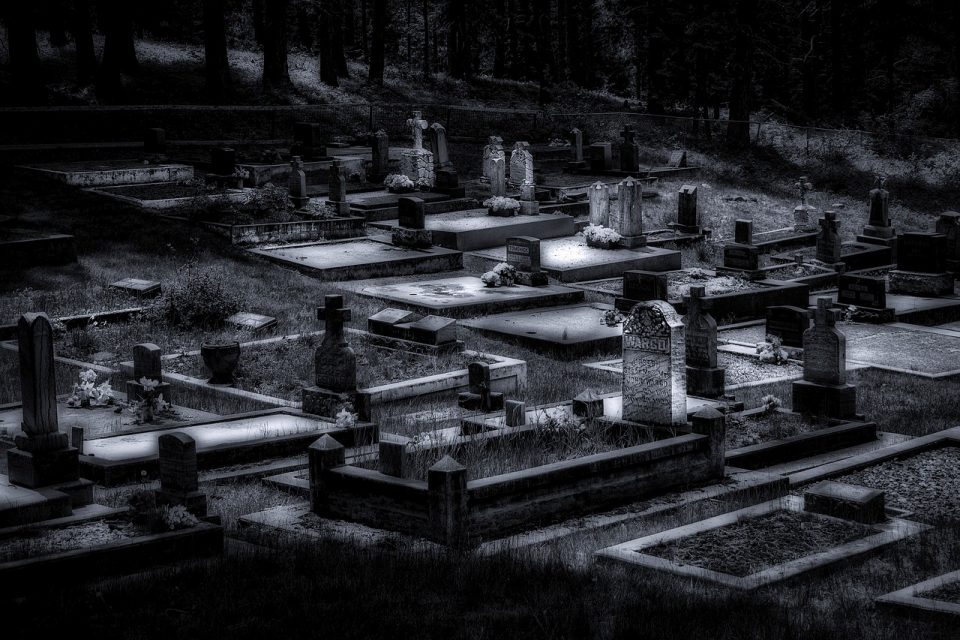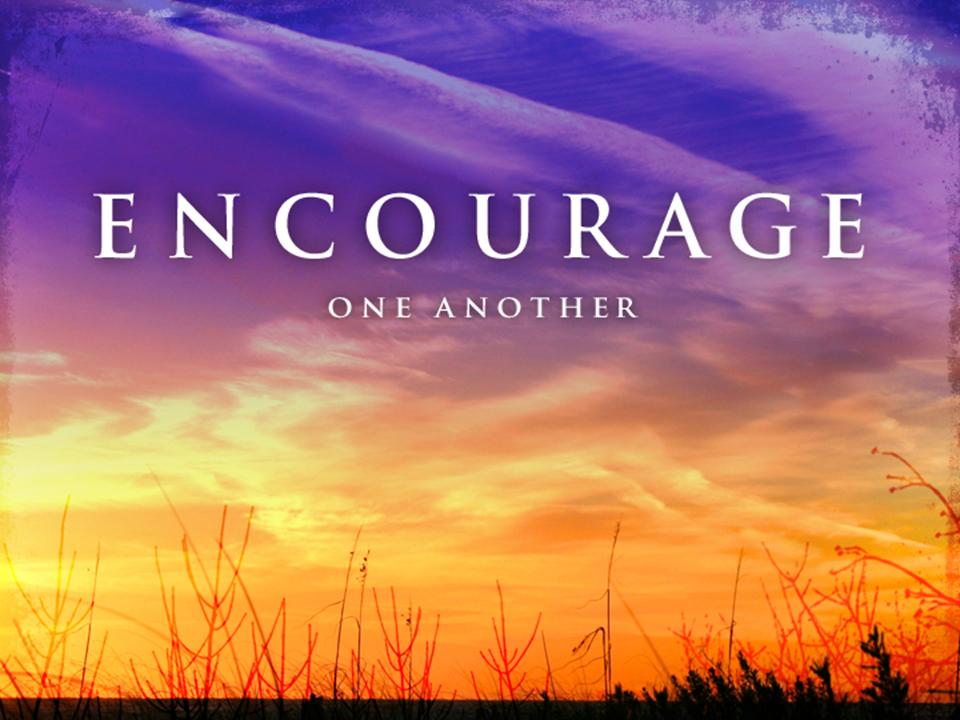Hi folks, i hope you are doing ok! I just want to say a huge thank you for being with us over the last year. I realise as i write this, that some of you we don’t see often, but be assured that you are in our thoughts and prayers. For those who live further away, again we value you …
Advent week 3: Pointing to the light (John 1:6-8, 19-28)
Hi folks… I hope you are doing ok… This week we have Beer and Carols… It would be great to see you at Platform 2 on Tynemouth station if you are able to join us! We are though carrying on our advent themes, and this week, Caleb has written the blog although we wont be discussing it, you would be …
PREPARING FOR THE EXTRAORDINARY: CHANGING YOUR MIND
Hi folks, i hope you are doing ok! This week i want to remind you about two things… See the images for more details – I’m looking for you festive 30 songs of the year… and also next week we have Beer and Carols at Platform Two, i hope that you can join us! This week we will meet at …
Advent Week One – Letting Stuff Go – Mark 13:24-37 Hi folks, as we enter advent I have asked some folks to write a blog for each week, based on a passage, and a theme that the Methodist Church have put together called ‘Out of the Ordinary’. This weeks blog is written for us by Ben, to see the reading …
Everybody Hurts… sometimes
Hi folks, hope you are doing ok? This week we will be meeting at Platform 2 in Tynemouth, I hope that you can make it. This week’s blog comes from my experiences of this last week and my reading around it. I came across a quote from Ordinary Human Failings by novelist Megan Nolan, before we get to the quote, it opens …
What are we holding on to? What are we fighting for?
Hi folks, I trust you are doing ok and that you have had a good week whatever you have been doing. This week we are meeting at the Quarry Pub at 7.30. I hope that you can join us. It has been a strange old week, adjusting to darker nights has really affected me. I think generally the grimmer the …
Call not for peace in the Holy Land, call for justice so that peace may root itself deeply and flourish.
Hi All, This week we will be meeting in the Enigma Tap at 7:30pm – looking forward to seeing those of you who can join us there. This weeks blog is a guest blog from David Hardman. The following is a little introduction to who he is and what he does. The Methodist Liaison Office & Revd David Hardman The …
A question of death… (kind of)!
Hi folks I trust you are all doing ok, well i’m finally surfacing after a wonderful and weird few weeks! Back from an incredible holiday in Rhodes, we were very refreshed and ready to celebrate 25 years of married life, we had two fantastic parties with people we love and care for massively. We then both came down with Covid, …
A Question of Encouragement in Faith
Hi All, hope you have all had a good week. We will be meeting together at The Quarry at 7:30pm if you want to join us in conversation. We have tried to meet in the bay window just around the corner from the main entrance (turn left at the bar). See you then. The world is full of worry, stress …
